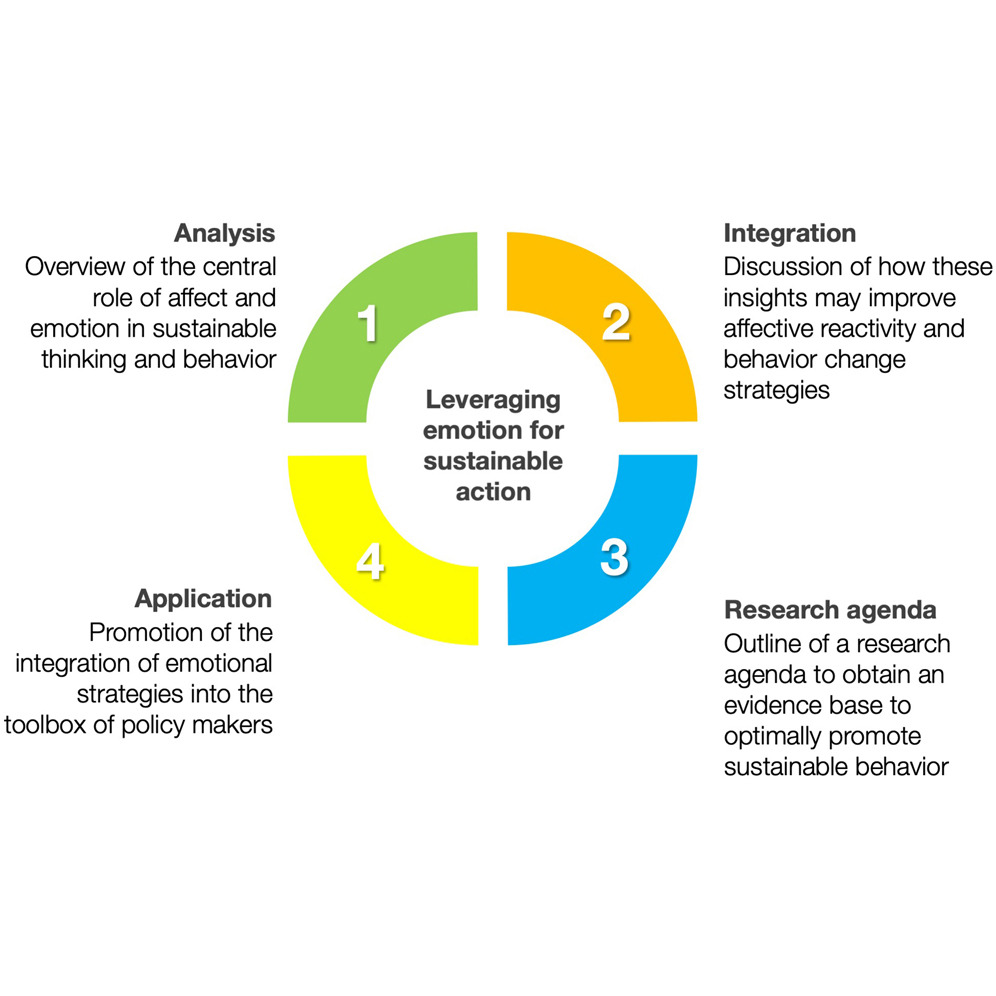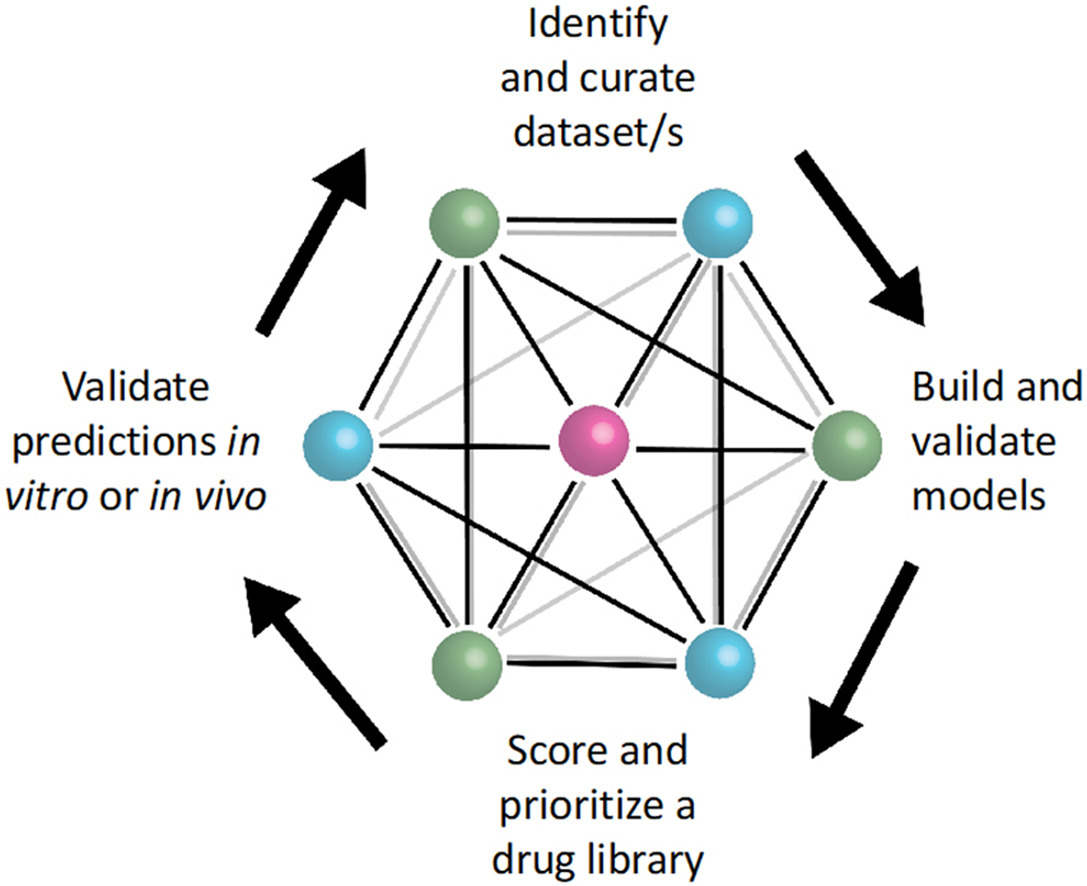Elsevier, One Earth, Volume 4, 17 December 2021
Behavioral science approaches to promoting sustainable action have mainly focused on cognitive processes, whereas the role of emotions has received comparably little attention. However, emotions have a great but currently not fully exploited potential to contribute to a sustainable behavior change. In this perspective, we summarize recent research emphasizing the central and indispensable role of emotion in human thinking and judgment.
Elsevier,
Geography and Sustainability, Volume 2, December 2021
In order to address the impacts of climate change, this manuscript presents a strategy developed to create a central resource, database and web-based platform to integrate data and information on the drivers and the changes within Guyana coastal and marine environment.
Elsevier,
The Lancet Global Health, Volume 9, December 2021
This Comment article supports SDGs 3 and 10; Muneera Rasheed presents some guidelines for decolonisation in global health research, highlighting the need to challenge current systems to fight power asymmetries in the context of academic research partnerships between high-income and low-income countries and other behaviours that undermine equitable collaboration.
Elsevier,
The Lancet Regional Health - Americas,
Volume 7,
2022,
100148
A Review on the advances in health, science, and technology in Peru over the past two centuries, in the context of SDGs 3, 9, and 10, highlighting how health-related challenges, including climate change, will shape national policy to ensure the future health and wellbeing of the population.
Elsevier,
Journal of Responsible Technology,
Volume 9,
2022,
100020,
ISSN 2666-6596
Concern exists over gender (and other) bias embedded in widely-used AI systems and models. Authors built an open-source tool to help detect bias in classification models: helps to show whether or not AI model is unbiased. Aim to contribute towards action to mitigate the socially harmful effect of machine bias.
Elsevier, Current Opinion in Chemical Biology, Volume 65, December 2021
Drug repurposing aims to find new uses for already existing and approved drugs. We now provide a brief overview of recent developments in drug repurposing using machine learning alongside other computational approaches for comparison. We also highlight several applications for cancer using kinase inhibitors, Alzheimer's disease as well as COVID-19.
Elsevier, Food Chemistry: Molecular Sciences, Volume 3, 30 December 2021
Ketogenic diets consist of low carbohydrate/high fat, shifting energy reliance from glucose to ketone bodies. Ketone diester supplement to a standard diet (ketone ester) increases ketone bodies by adding a substance without altering other consumed foods. We evaluated weight, glucose, and ketone concentrations in rats fed ketogenic diet and ketone ester feeds. We hypothesized that these feeds would increase ketones and decrease glucose and weight. We tested 16 male and 16 female Sprague Dawley rats randomly assigned to standard diet, ketogenic diet, or ketone ester for two weeks.
Elsevier, Future Foods, Volume 4, December 2021
In an explorative, cross-cultural survey, we assessed the underlying cultural concepts of meat, evaluated consumer readiness in four groups of study participants from China (20), India (20), Colombia (20), and Switzerland (20). In addition, study participants and lay people around the world used an app to make their own predictions on important future milestones defined by experts in the field, as a contribution towards a crowd-sourced timeline of the future of cultured meat.
Elsevier, Future Foods, Volume 4, December 2021
To feed the world's growing population in the future, there must be a protein transition from animal-based to more sustainable, plant-based sources. Hybrid plant-meat products can bridge the protein-transition and are also focused on nutritional and sustainability aspects. While the addition of powdered proteins changes the texture of meat products, textured proteins have been shown to achieve higher sensorial acceptability.



